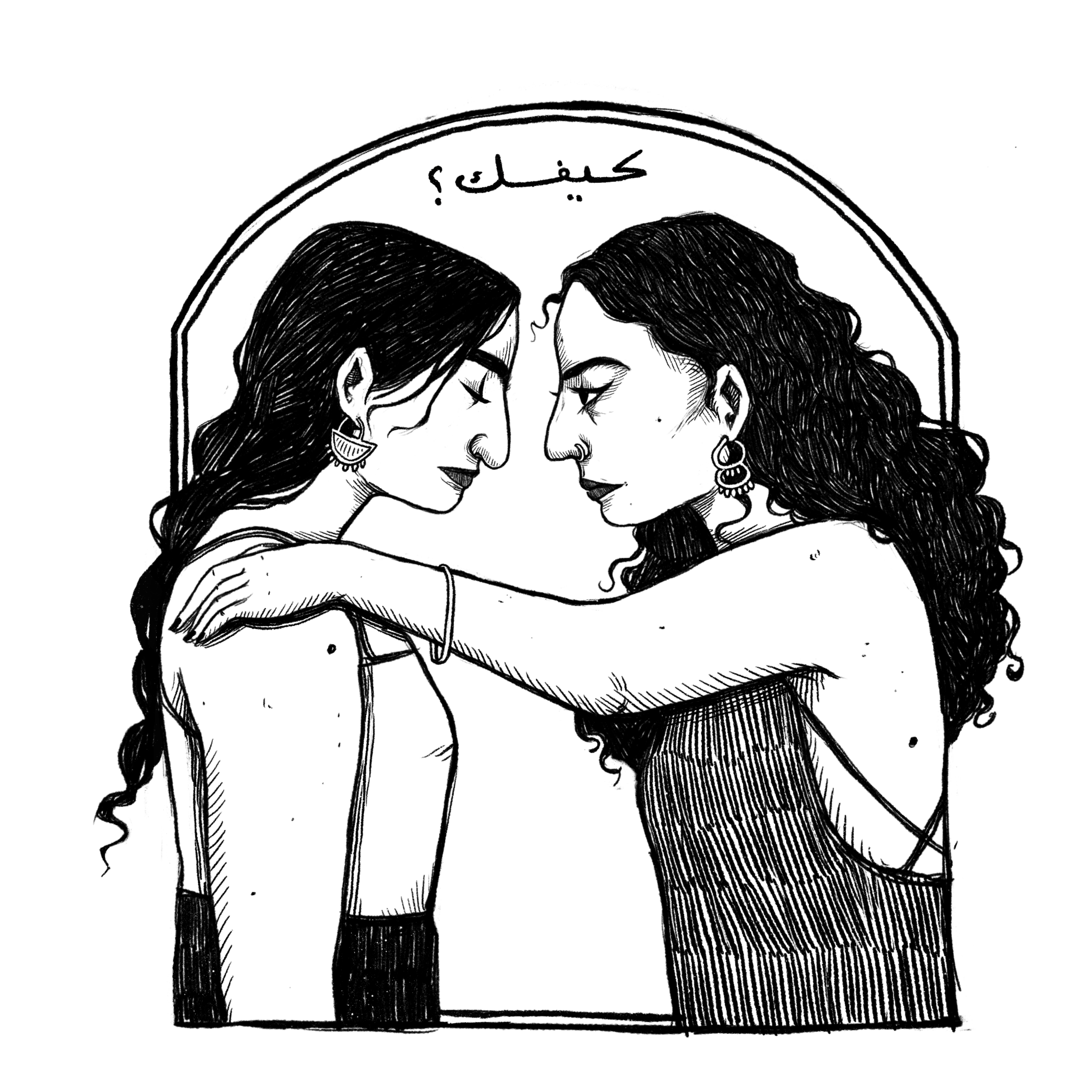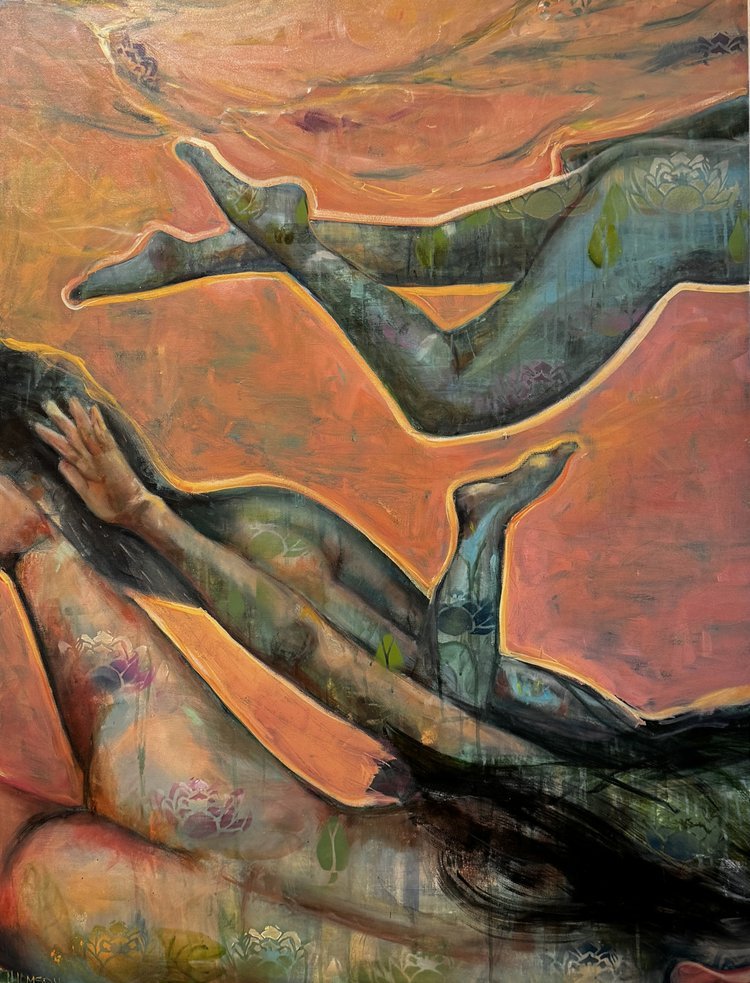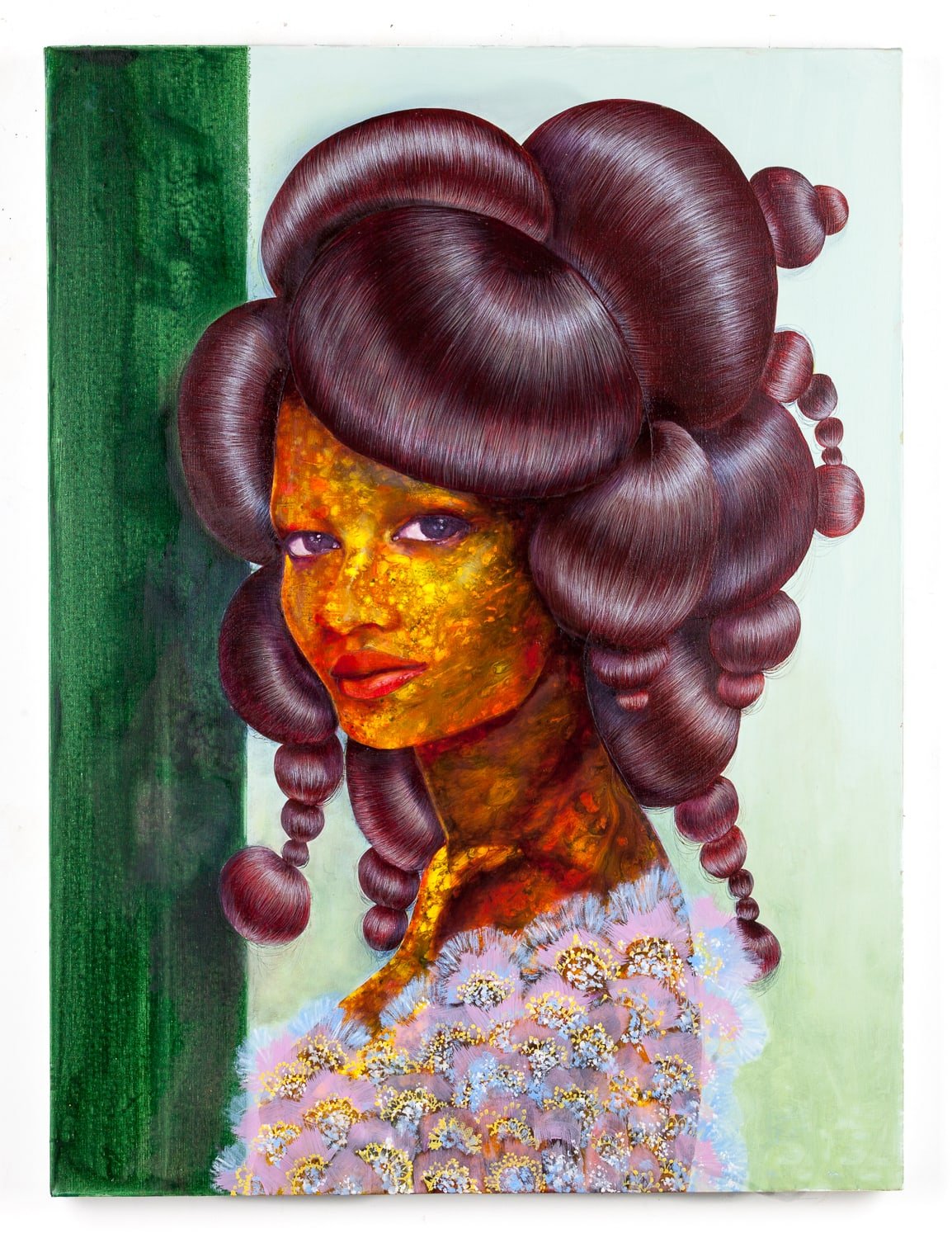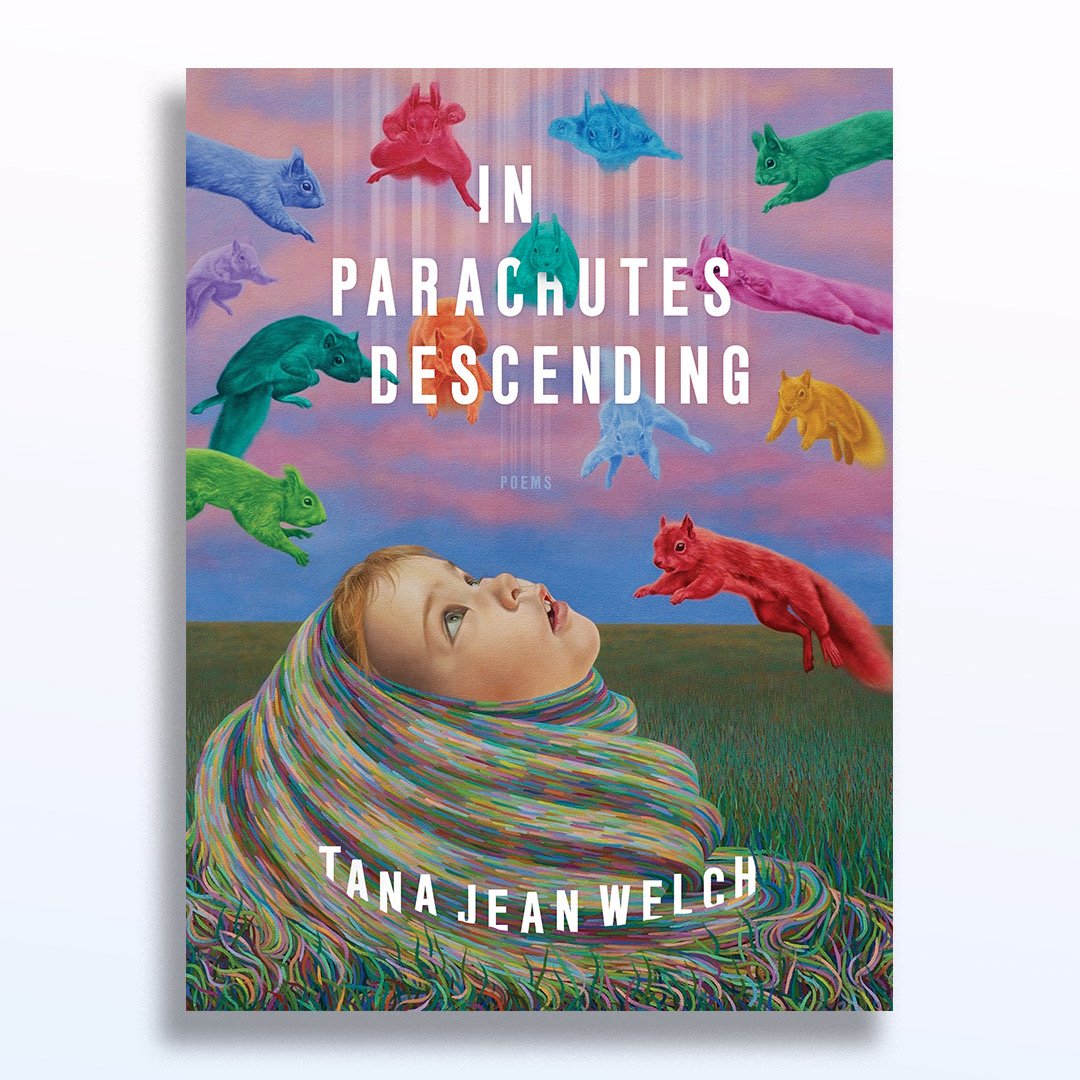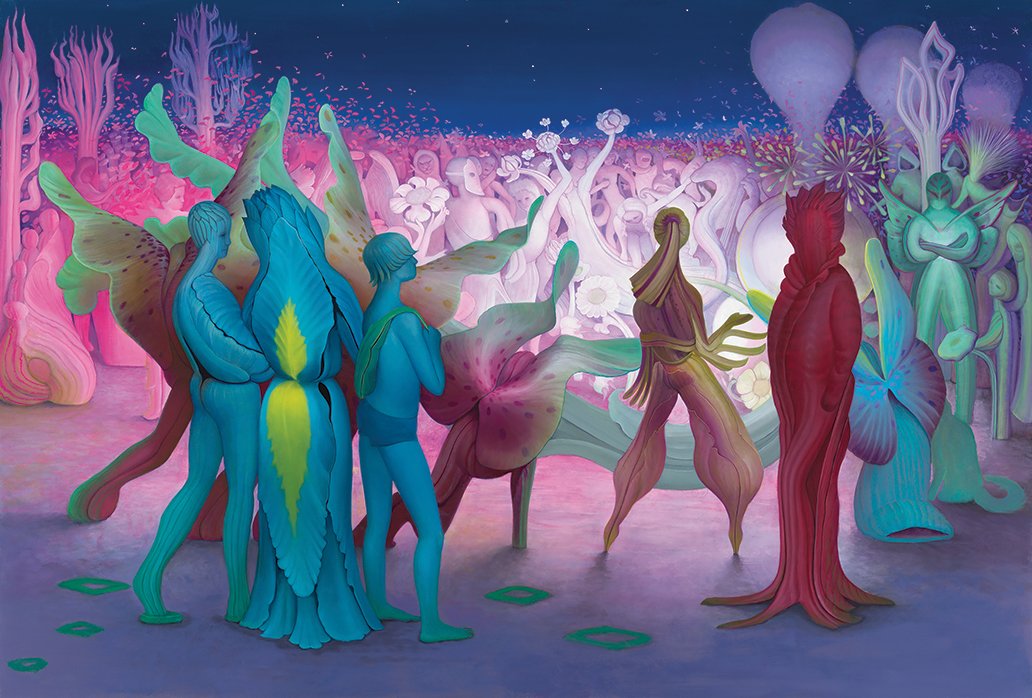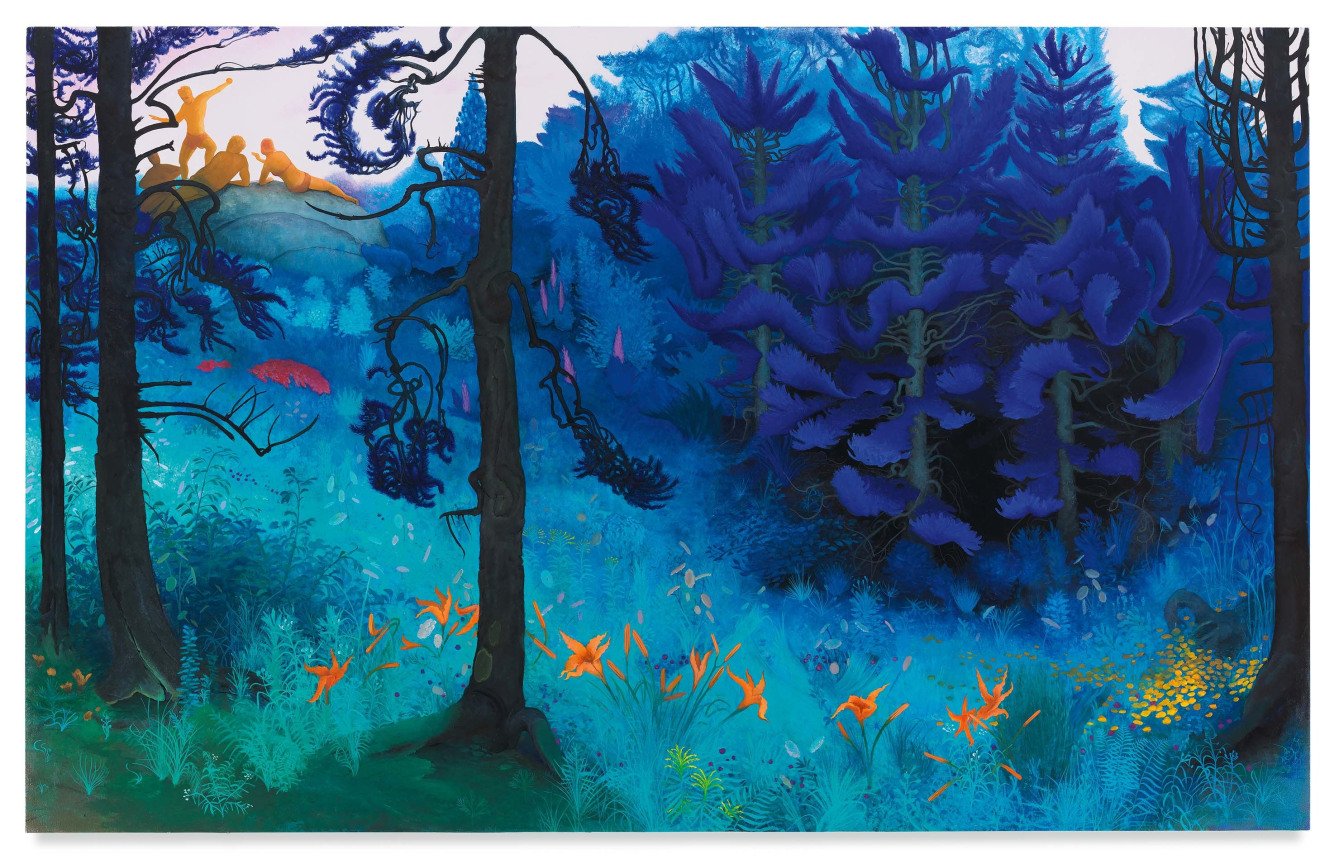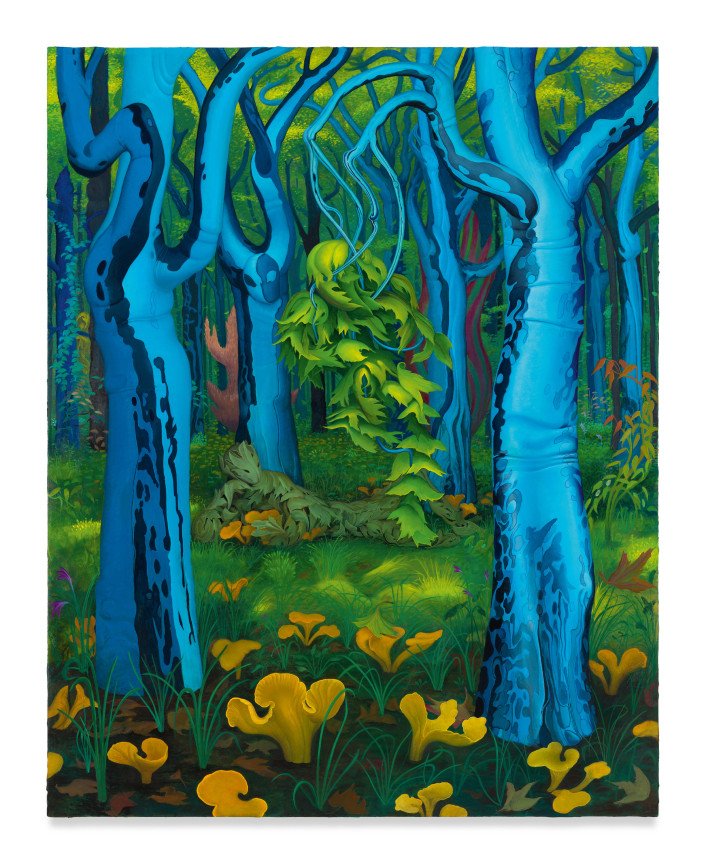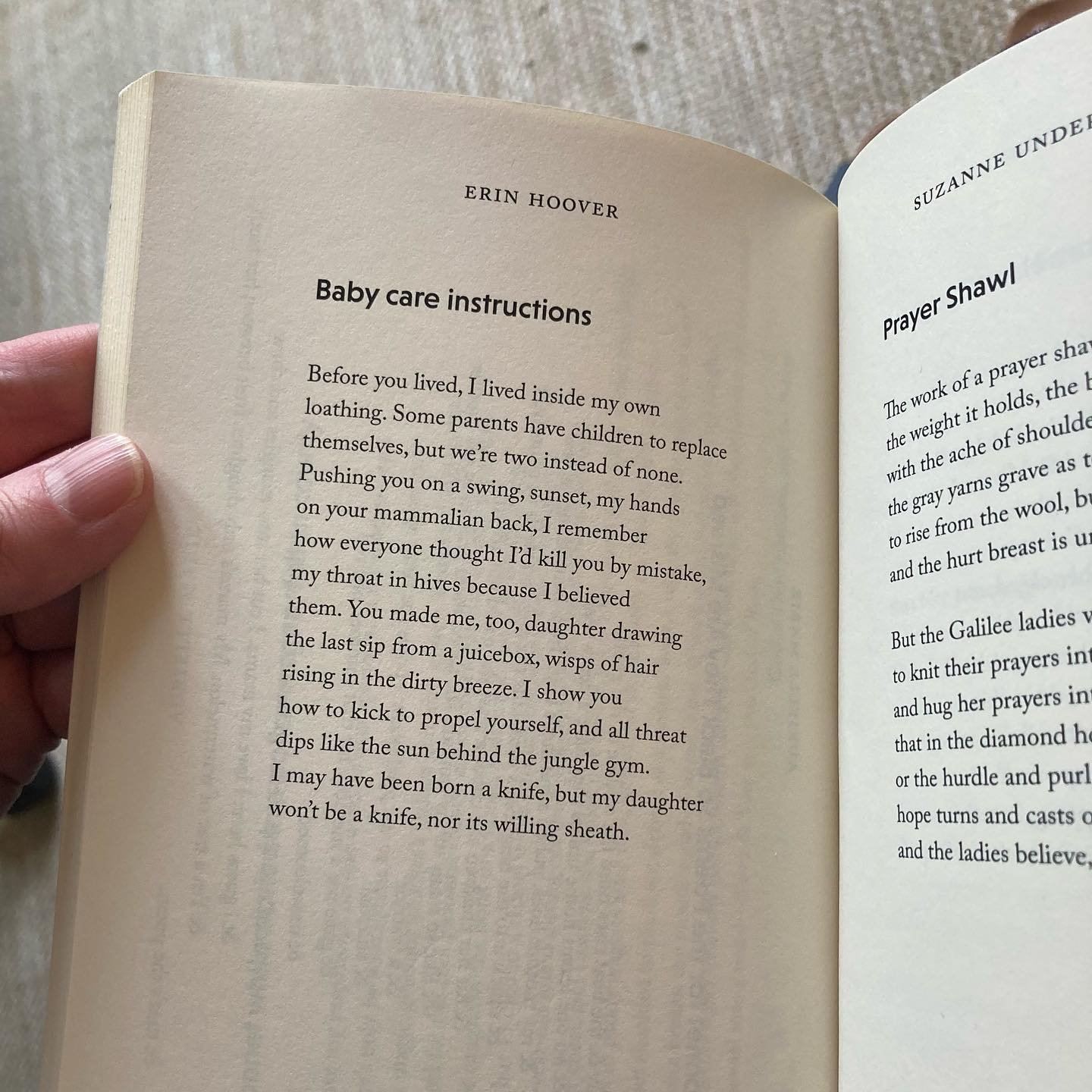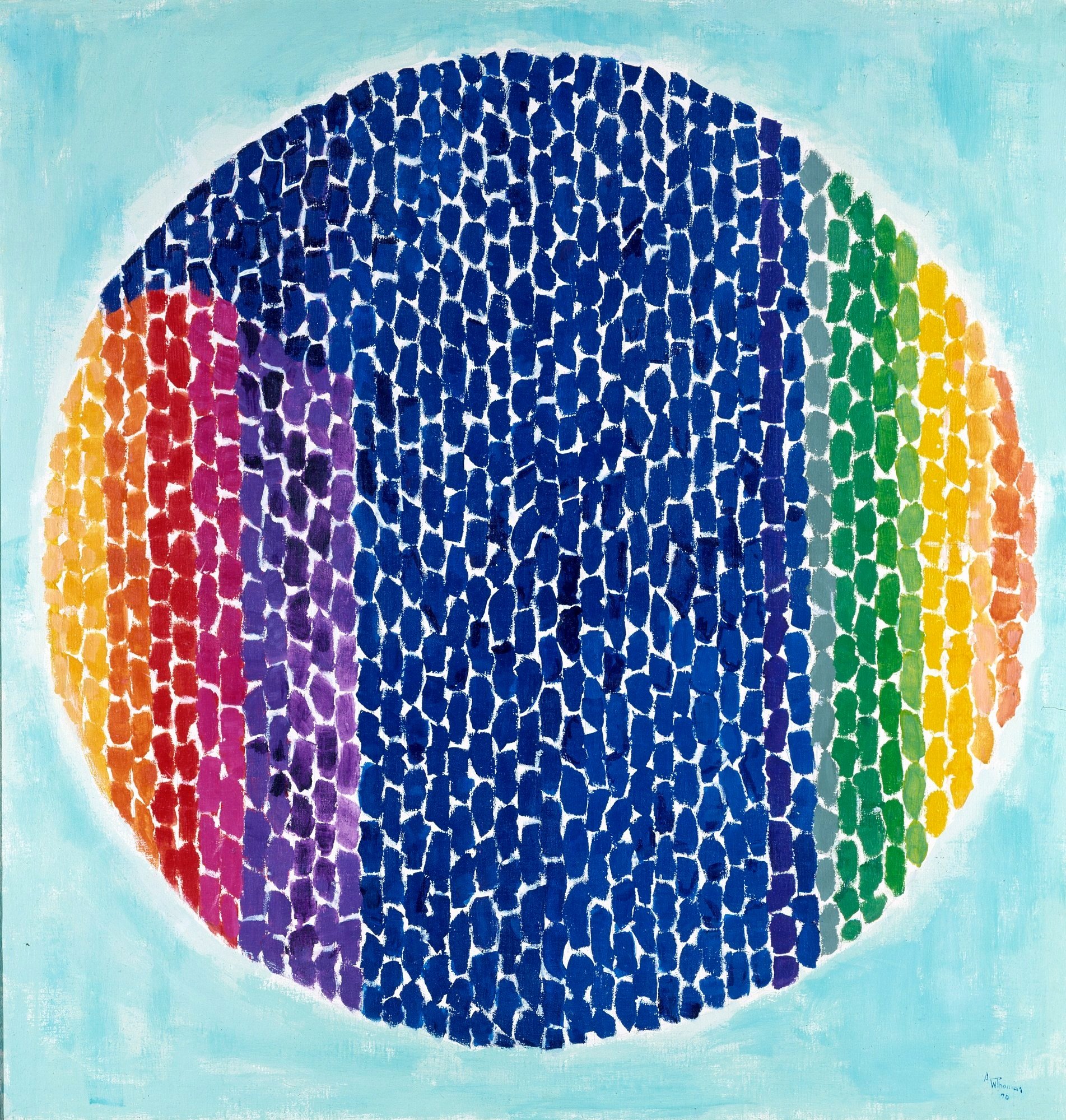Huzzah! I’m so excited and grateful to see another review of In Parachutes Descending. Krysia Wazny McClain’s reading of the book is perfect. I love that she shares the personal connection she has with the speaker’s story:
“I wrote some of my notes on Tana Jean Welch’s In Parachutes Descending while sitting in a cafe in the Castro, sipping iced tea and delighting at the parallels between the speaker’s life and mine. Like the speaker, I had come to San Francisco from Boston, and like the speaker, after years of marriage to a man, I was in a new relationship with a woman. However, unlike the speaker, I had come to the West Coast to visit friends and family, leaving both girlfriend and husband more or less content (and fully consenting) back in Somerville. And so, my journey was less extraordinary than that of Welch’s speaker. And truthfully, I doubt the events of my life could ever match the epic qualities of this collection.”
The best poetry simultaneously speaks to the personal and the universal. McClain concludes her review with a brilliant description of my universal intent:
“Back in Boston, my personal epic came to an abrupt end with a breakup that I didn’t see coming. I was left to confront the myths surrounding my romantic relationships and a future that felt decidedly less certain. Parachutes might have predicted this turn. Welch brilliantly captures the human longing for an end to uncertainty, and then she offers this truth: we only survive by embracing the unknown. To know certainty is to know death. If self-deception is a parachute we carry with us, then we avoid deploying it by staying grounded in the moment, in our own bodies, however they relate to others and even if it means the epic hero never returns home.”
Read the whole review in Tupelo Quarterly.



